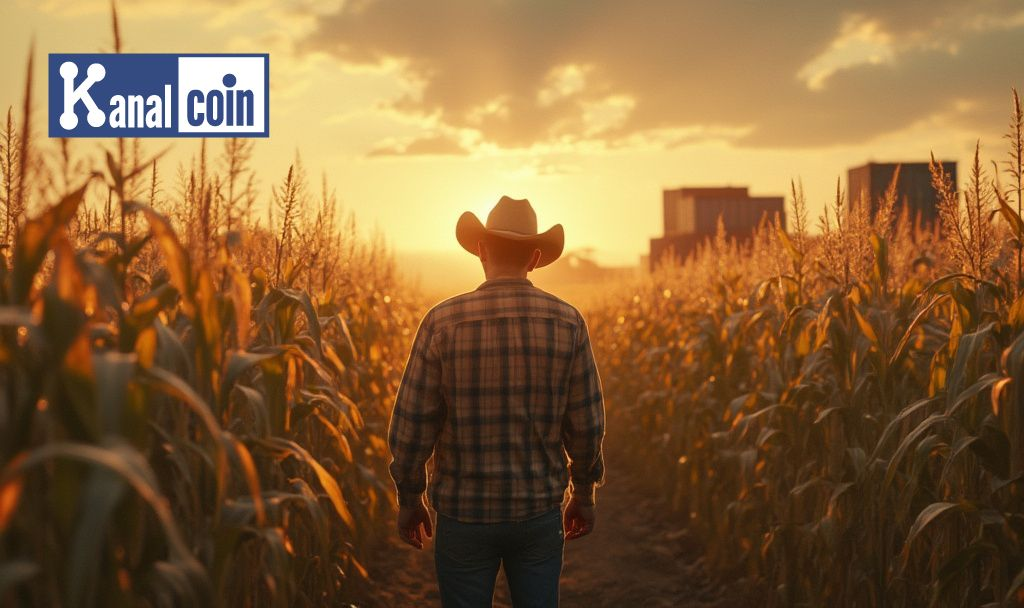
Concerns rise over Trump’s April 2025 tariffs, impacting U.S. farmers and exports.
In April 2025, President Donald Trump imposed new tariffs on imports, intensifying concerns about their impact on U.S. farmers, particularly affecting the agriculture sector’s export dynamics.
Trump’s Tariffs Heighten Challenges for U.S. Agriculture
President Donald Trump’s new tariffs have broadened economic challenges for farmers. This move highlights ongoing trade issues initiated in his previous administration, exacerbating pressures on U.S. agricultural markets.
Farmers in states like Illinois and Wisconsin express strain as tariffs reduce export demand. Michael Slattery notes, “There is less incentive for [foreign buyers] to purchase US soybeans. It is cheaper to get them out of Brazil by far.”
Tariffs Drive U.S. Crop Prices and Farm Earnings Down
Immediate effects include a decline in the prices of U.S. crops and overall farm earnings. Export losses are mounting, leading to heightened risk of government bailouts for financial relief.
Historical trends point to previous tariff rounds causing farm income reduction and economic disruption. Ongoing issues could lead to deeper financial implications, influencing market stability and possibly extending to global trade relations.
Expert Warnings: Tariffs Risk Repeating Historical Losses
Previously, Trump’s tariffs from 2018 to 2020 resulted in substantial income losses and bailouts. Past events underscore the vulnerabilities of U.S. agriculture due to trade policy shifts.
Experts indicate that similar patterns could arise if systemic issues in the agricultural supply chain remain unaddressed. Historical data shows risk of ongoing financial strain amid unfavorable trade conditions.
“We’re already getting below break-even at the current time.” – Jim Martin, Fifth-generation Farmer, Illinois
Farm Household Income Forecast Insights
| Disclaimer: This website provides information only and is not financial advice. Cryptocurrency investments are risky. We do not guarantee accuracy and are not liable for losses. Conduct your own research before investing. |







